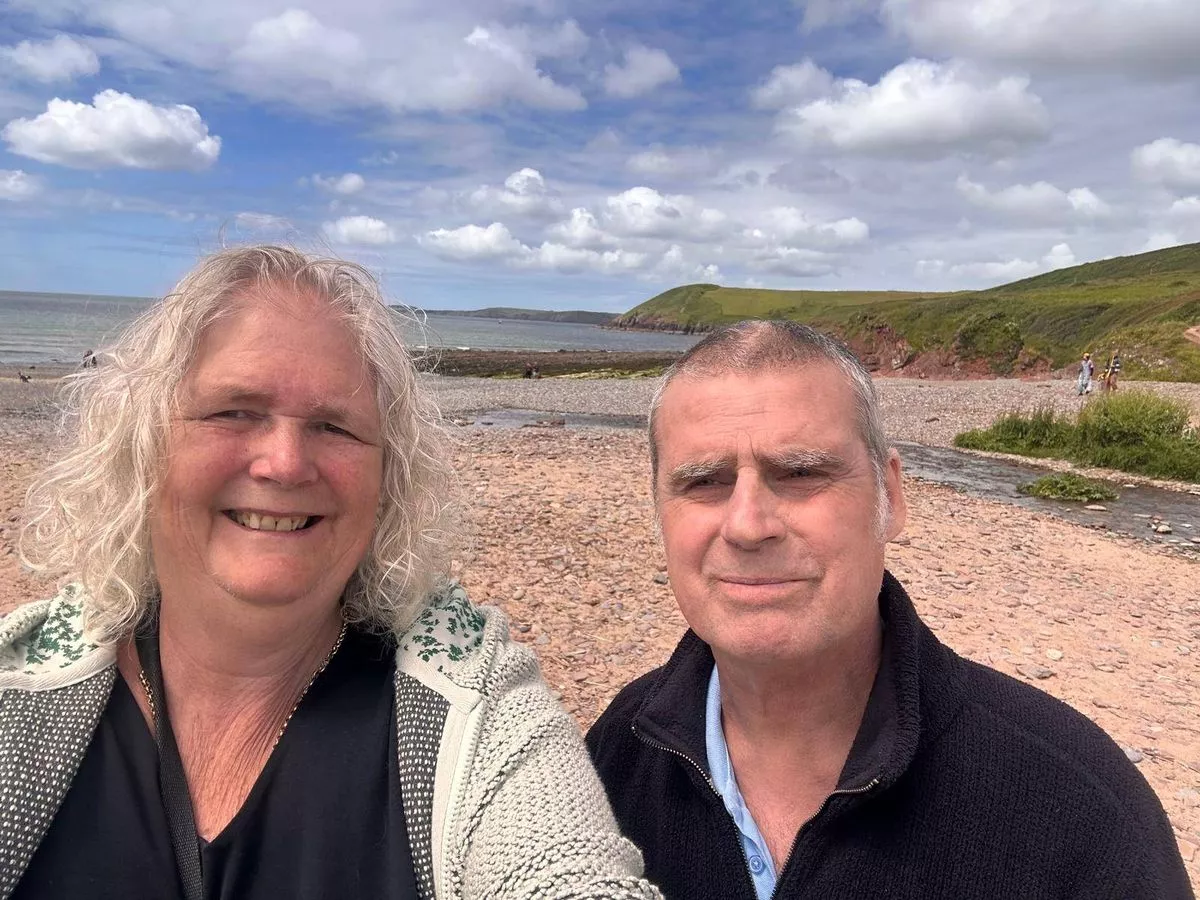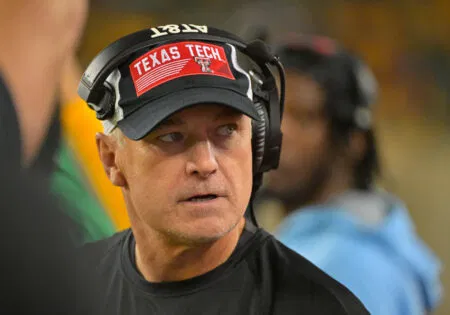Copyright mirror

A man from west Wales was discovered collapsed on his bathroom floor by police after lying there for four days. Mark Causey, 61, from Kilgetty in Pembrokeshire, had dropped his wife Rosalind at her mother's house in Margam for a few days before returning home alone, where he'd planned to carry out some DIY work. However, Rosalind said she knew something wasn't right when Mark failed to get in touch with her. Checking the webcam they'd installed in their Kilgetty home via her mobile phone, Rosalind could see from the footage that her husband had been "dishevelled and staggering" around the property - and after that, he disappeared from view completely. READ MORE: Jeremy Clarkson issues emotional Top Gear statement honouring his longtime pal READ MORE: Police investigate 'disgraceful' arson attack near war memorial days before Remembrance Sunday She said: "Mark had driven me to my mum's home in Margam village as her health was declining and he returned home to do some DIY. I became very worried on the Friday, I couldn't reach him. "I checked our webcam and saw the previous Monday's footage captured him looking dishevelled and staggering. Then there was no more movement, anywhere at home, something was wrong. I called the police to do a welfare check. When they broke in they found Mark collapsed on the bathroom floor. He'd been there for four days." When paramedics turned up, Mark was semi-conscious and badly dehydrated. He was taken urgently to Withybush General Hospital, where a CT scan showed lesions on his brain. Rosalind said: "As a nurse I knew immediately that wasn't good. When they said 'lesions' my heart sank. I thought it could be a stroke or cancer." Mark also suffered kidney failure due to dehydration. He was given high-dose steroids to reduce swelling in his brain and slowly started to regain some movement, according to Brain Tumour Research. Incredibly, things appeared to be improving for Mark despite his ordeal. After spending three weeks in hospital, he was allowed to go home. However, just days later he was called to an outpatient appointment at Singleton Hospital in Swansea, where the neurological team broke the devastating news. He was diagnosed with glioblastoma, the most aggressive type of brain cancer. Rosalind shared: "The consultant then told us that surgery or a biopsy wasn't possible because the tumour had spread with spider-like tendrils throughout his brain. They said that Mark only had eight to 12 weeks to live. "We were numb. Mark kept saying they had to be wrong, he was determined to fight. Mark wanted more than anything to be well enough to ride the motorcycle he spent months restoring." Mark was prescribed chemotherapy, although without a biopsy it was unclear if the tumour would respond. Despite his determination and brief recovery, a follow-up MRI scan showed the tumour had doubled in size. "We were devastated," said Rosalind. "He'd been walking again, first making it from the house to the garden gate, then he walked further afield to attend a bike night at our local pub. But the tumour was so aggressive. "We looked into private hyperthermic therapy in London, which uses heat to kill cancer cells, but it was too late. His cancer was too extensive and too fast-growing." Rosalind said: "Mark didn't want to talk about dying. Watching him fade was heartbreaking. Sometimes I'd go into the garden to water my tomatoes so he wouldn't see me cry. He always asked for the first ripe one." Mark died in September 2024 surrounded by loved ones at home. His funeral celebrated his love of motorcycles, with his coffin carried on a motorcycle hearse, followed by more than 100 bikers from the local community. In his memory, Rosalind is now joining forces with Brain Tumour Research to tackle their 99 miles in November challenge, hoping to raise vital funds for finding a cure for brain tumours. Brain tumours kill more children and adults under 40 than any other cancer, and more men under 75 than prostate cancer, yet just one per cent of national cancer research funding goes towards this disease. This November Brain Tumour Research is encouraging people to take part in the 99 miles in November challenge, a fitness fundraising event to support research and improve outcomes for patients like Mark. Participants can walk, run, cycle, swim, or clock up miles in the gym, at their own pace, in their own way. "I'm walking 99 miles this November for Mark and for everyone affected by this cruel disease," Rosalind added. "Research is the only way we'll stop others from going through what we did. I've already raised over £300, and I'll be walking every step for him. ". Brain Tumour Research provides long-term funding to dedicated Brain Tumour Research centres of excellence at key academic institutions. Letty Greenfield, community development manager at Brain Tumour Research, said: "Mark's story is a heartbreaking reminder of how brutal brain tumours can be. Rosalind's strength and courage in sharing their experience is truly inspiring, and every mile she walks helps us move closer to finding a cure. We hope his story inspires others to take on the challenge."



